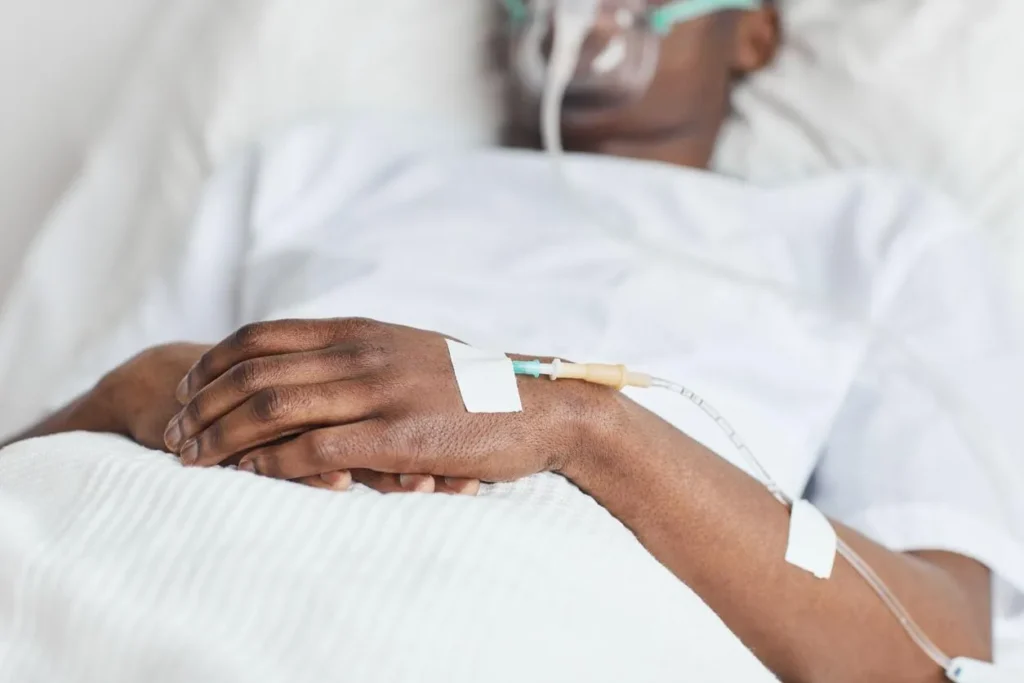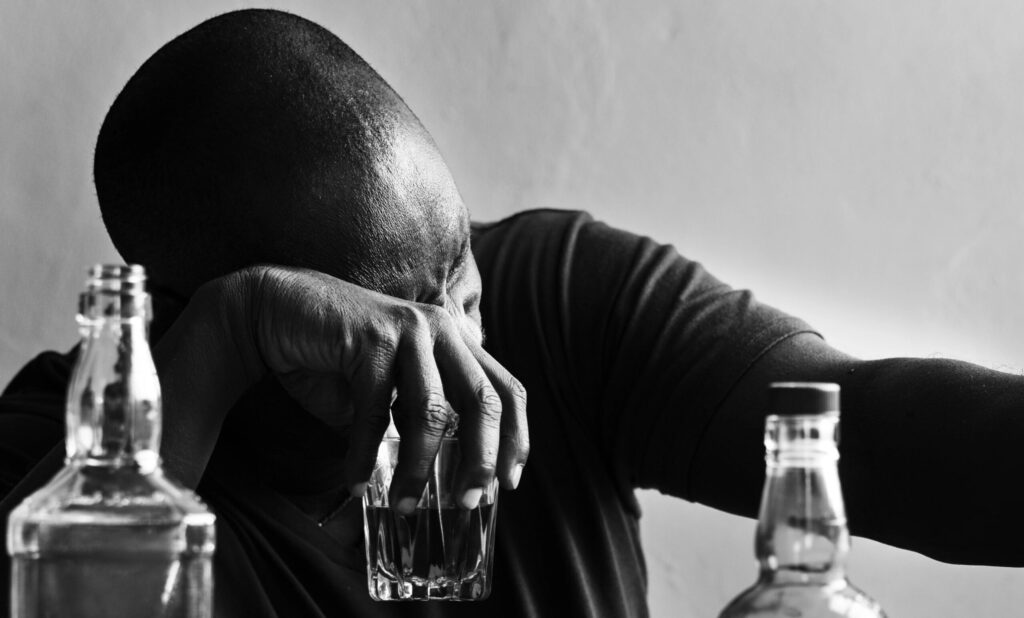
Alcohol is often celebrated in social and cultural settings, but its role in cancer risk is less widely understood. Emerging research confirms that even moderate alcohol intake can increase the likelihood of certain cancers. While all types of alcoholic beverages contain ethanol, which is the harmful component, different alcoholic drinks may have varying levels of alcohol content and additional compounds that could affect their overall health impact.
What’s in Your Glass?
The World Health Organization (WHO) classifies alcohol as a Group 1 carcinogen, the highest risk category, meaning there is sufficient evidence that it causes cancer in humans. Alcohol contributes to specific cancers through several mechanisms. For instance, it increases estrogen levels and damages DNA, raising breast cancer risk. A meta-analysis published in 2023 found that consuming just one drink per day increases breast cancer risk by 4%, while each additional drink per day further elevates the risk.
Chronic alcohol use is also a leading cause of liver cirrhosis, a precursor to liver cancer. According to the World Cancer Research Fund (WCRF), consuming alcohol is linked to liver cancer, and to reduce your risk, they recommend not drinking alcohol at all. Similarly, colorectal cancer has been linked to alcohol consumption. A 2021 study in The Lancet Oncology reported that moderate drinking increases colorectal cancer risk by approximately 20%, largely due to alcohol’s toxic effects on the gut lining.
What Alcohol Really Does to Your Body
Why is alcohol so harmful? It’s all about what happens when your body breaks it down. Alcohol turns into a toxic chemical called acetaldehyde, which can mess with your cells and stop your body from repairing damage properly.
It also creates oxidative stress, a fancy way of saying it releases harmful particles called free radicals that damage cells and speed up tumor growth. On top of that, alcohol blocks your body’s ability to absorb important nutrients like folate and vitamins A, B9, and C—nutrients that help protect you from cancer.
In Ghana, the 2023 Food-Based Dietary Guidelines (FBDGs) highlight these dangers. They recommend not starting to drink alcohol at all, especially for teens and young adults. If adults choose to drink, the limit is one standard drink a day. Pregnant women and young people should avoid it entirely. They also encourage replacing alcohol at events with healthy drinks like fresh fruit juice or sobolo (hibiscus tea). These suggestions echo the worldwide shift toward recognizing that no amount of alcohol is truly safe.
No Amount of Alcohol is Safe

There’s a long-standing belief that a glass of red wine each day is good for your heart. While some research hints at heart benefits, it’s not the alcohol that helps—it’s compounds like resveratrol, which you can also get from grapes or berries. Meanwhile, alcohol still raises your cancer risk.
The American Institute for Cancer Research puts it plainly: any alcohol use increases your cancer risk. And the risks far outweigh any supposed heart-related benefits.
The Smart Move Option
Want to cut your cancer risk? Cutting out alcohol is a great place to start. The Global Burden of Disease Study found that the healthiest amount of alcohol to drink is none.
But if quitting entirely feels hard, there are still ways to drink more safely:
- Eat while drinking to slow down absorption
- Avoid sugary mixers
- Don’t mix drinking with smoking
And don’t worry—Ghana’s culture offers plenty of fun, alcohol-free drinks, like:
- Brukina (fermented millet and milk)
- Coconut water
- Natural juices
These are tasty, social, and totally risk-free. If you do drink, regular screenings—especially for breast, liver, and colon cancers—are vital. Catching cancer early saves lives.
Know the Risk
Here’s the truth: alcohol is one of the few preventable causes of cancer. Ghana’s dietary guidelines allow some alcohol, but the more we learn, the clearer it gets—the safest choice is drinking less or none at all.
Choosing a healthier lifestyle doesn’t mean giving up fun. It means making choices that protect your future. The more people understand the risks, the easier it becomes to make smart, informed decisions—for yourself, your family, and your community.
RD, LD Julius Sammah
MyHealthCop Certified Dietician
Ready to Take the First Step?
👉 Book a 1-on-1 Session with any of our Certified Dietitian professionals to start your health journey today. [DOWNLOAD THE APP]
FAQ’s
| Questions | Answers |
|---|---|
| Can I “detox” the effects of alcohol? | Not fully. Healthy habits help, but they can’t reverse DNA damage from alcohol. |
| Is occasional binge drinking worse than daily moderate drinking? | Both are harmful in different ways. Binge drinking spikes risk quickly; daily use builds long-term damage. |
| Do non-alcoholic beers and wines carry cancer risks? | Most don’t, as they lack ethanol. Just check the label—some still contain small amounts. |